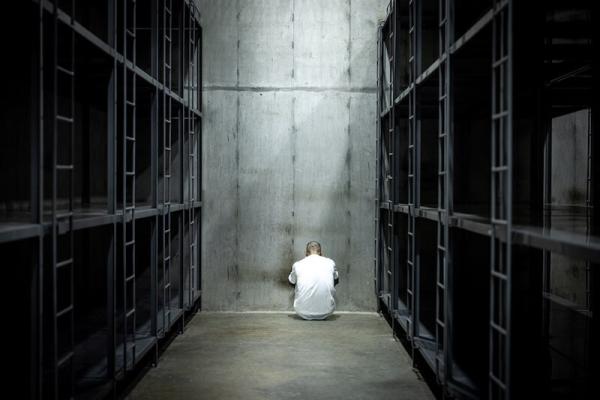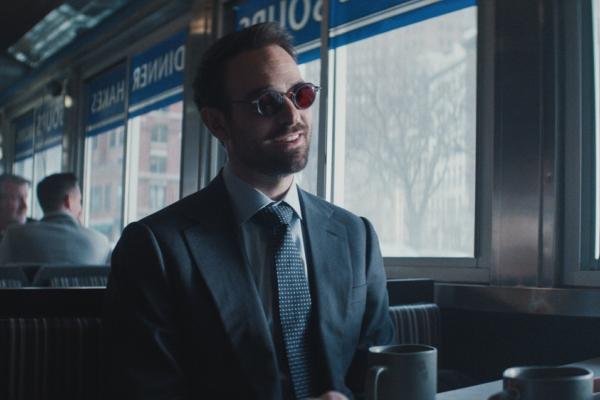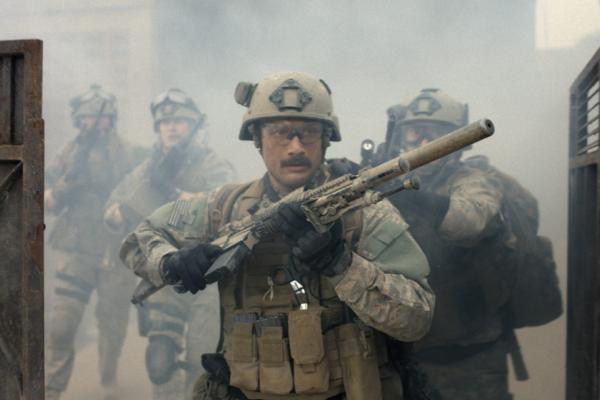This year's Easter season started in a deeply disturbing way: Arkansas scheduled eight executions in 10 days, starting on Easter Monday.
Ultimately, four of these condemned men had their executions stayed, while the other four were put to death between April 20 and April 27, including two on one day.
You might think these men were sentenced to death and slated for execution simply because of the gravity of their crimes. You’d be wrong.
There is something beyond the terrible crimes that determined their fates even more so: poverty. The death penalty preys on poor and vulnerable populations.
All eight men grew up in poverty. Sometimes, the conditions were shocking.
Marcel Williams, at certain times, did not have shoes to wear, and lived in houses where the utilities were regularly turned off.
Kenneth Williams shuffled among six foster homes that were often infested with rats and roaches. Both men also experienced periods of extreme hunger.
Even more sinister than these poor conditions is the poor counsel these men received. None of these eight individuals was able to afford his own lawyer, and the results were catastrophic.
Ledell Lee’s first post-conviction attorney showed up to court so intoxicated, the prosecution asked that he receive new counsel.
The trial attorneys for Jack Jones spent only $6,641.95 on his entire trial, significantly less than is required for a constitutionally effective defense.
Williams’ death sentence was even overturned by a federal judge because of ineffective assistance by his lawyers. A federal appellate court later reinstated the death sentence because of a procedural error — not because it disagreed that he had had poor counsel.
Several of these eight men’s lawyers missed filing deadlines, never visited their clients, or continued representing them despite a likely conflict of interest. This poor lawyering was the difference between life and death.
But Arkansas is not unique.
Death rows across the country are filled with men and women who were too poor to afford an attorney. You’d be hard-pressed to find a rich person who received the death penalty.
The saying holds true, “Those without the capital get the punishment.”
The death penalty must end because it disproportionately impacts people who are poor and vulnerable. These individuals are the same ones whom Jesus so loved — and whom we are asked to love also. This was vibrantly clear in Lee’s choice of Holy Communion for his final meal.
We would do well to remember the words of Jesus when we consider who receives the death penalty: “Truly I tell you, whatever you did for one of the least of these brothers and sisters of mine, you did for me.”
Got something to say about what you're reading? We value your feedback!







